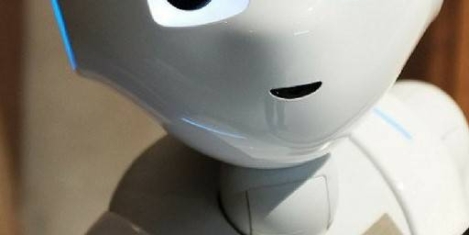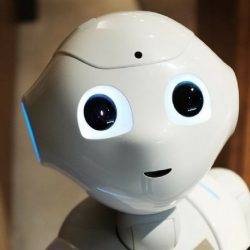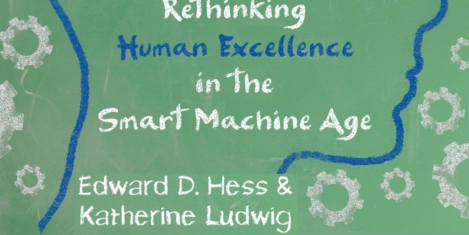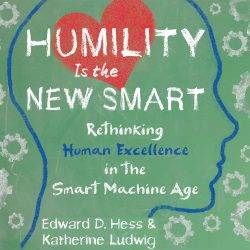April 19, 2017
Jobs should be redesigned to improve wellbeing 0
 It’s not just the nascent fourth industrial revolution that is challenging our traditional views of work, but also the growing realisation that we could be doing things so much better anyway. The author Douglas Coupland and the World Economic Forum are already holding conversations about the fundamental issues with work and how we go about it. At the heart of this is the very design of jobs and what it means for us and our wellbeing. Only 28 percent of people in the UK are highly satisfied with their jobs, and yet, estimates suggest that an adult in work would spend an average of 57 percent of their waking hours working. A new international study from the University of East Anglia and the What Works Centre for Wellbeing based on a review of 4,000 pieces of research claims to show why organisations often fail to improve staff wellbeing. It suggests that employees should be encouraged to design their own jobs, and find ways to help managers better understand their concerns.
It’s not just the nascent fourth industrial revolution that is challenging our traditional views of work, but also the growing realisation that we could be doing things so much better anyway. The author Douglas Coupland and the World Economic Forum are already holding conversations about the fundamental issues with work and how we go about it. At the heart of this is the very design of jobs and what it means for us and our wellbeing. Only 28 percent of people in the UK are highly satisfied with their jobs, and yet, estimates suggest that an adult in work would spend an average of 57 percent of their waking hours working. A new international study from the University of East Anglia and the What Works Centre for Wellbeing based on a review of 4,000 pieces of research claims to show why organisations often fail to improve staff wellbeing. It suggests that employees should be encouraged to design their own jobs, and find ways to help managers better understand their concerns.






































March 30, 2017
Social technology has the power to make the workplace more humane
by Amanda Sterling • Comment, Technology, Workplace
More →